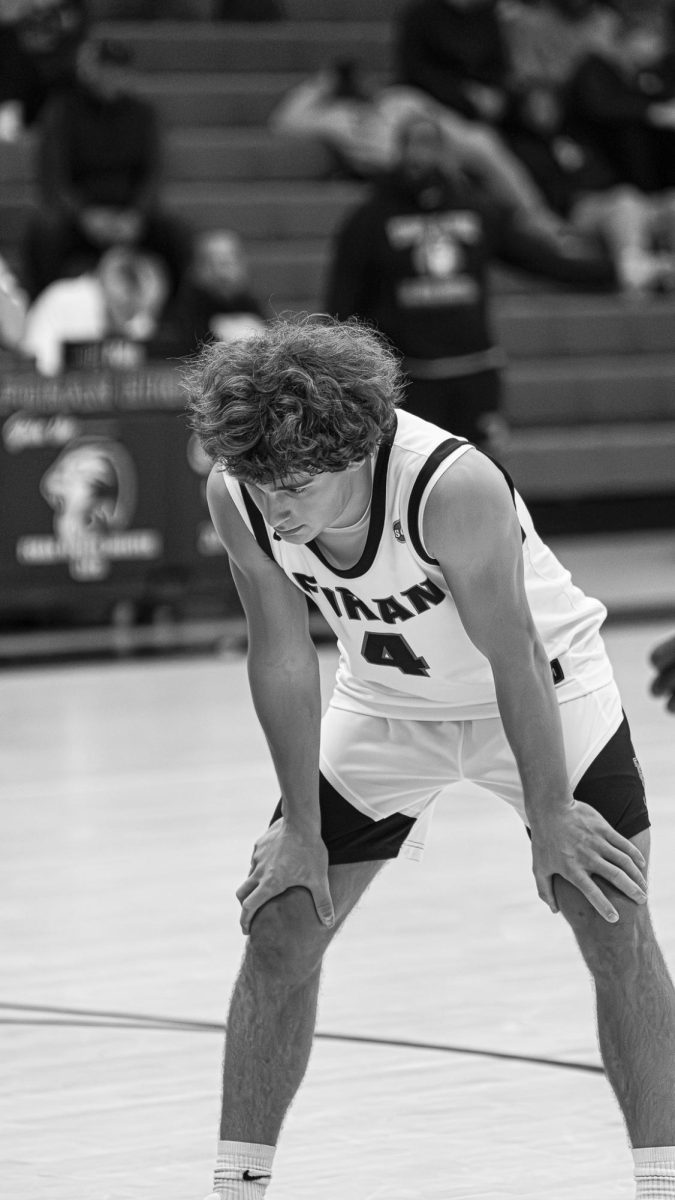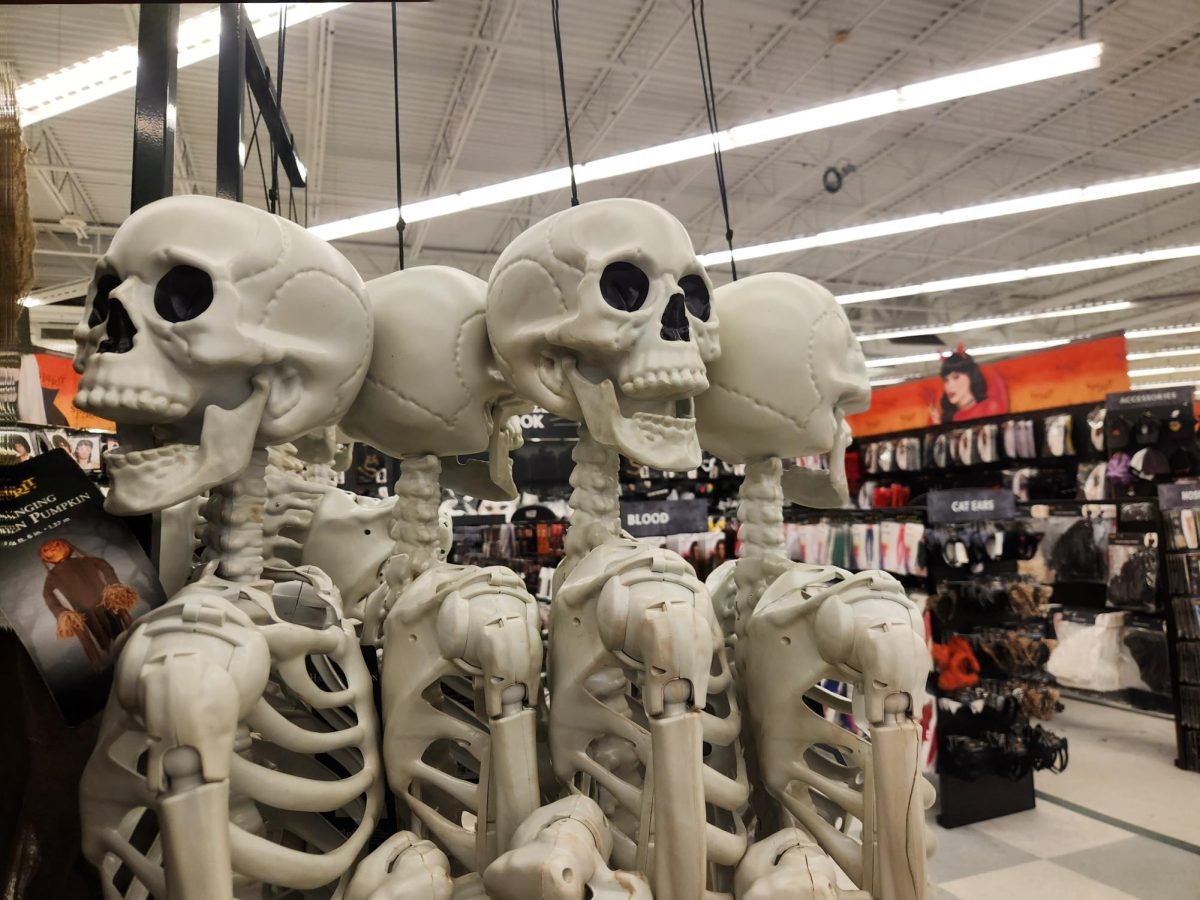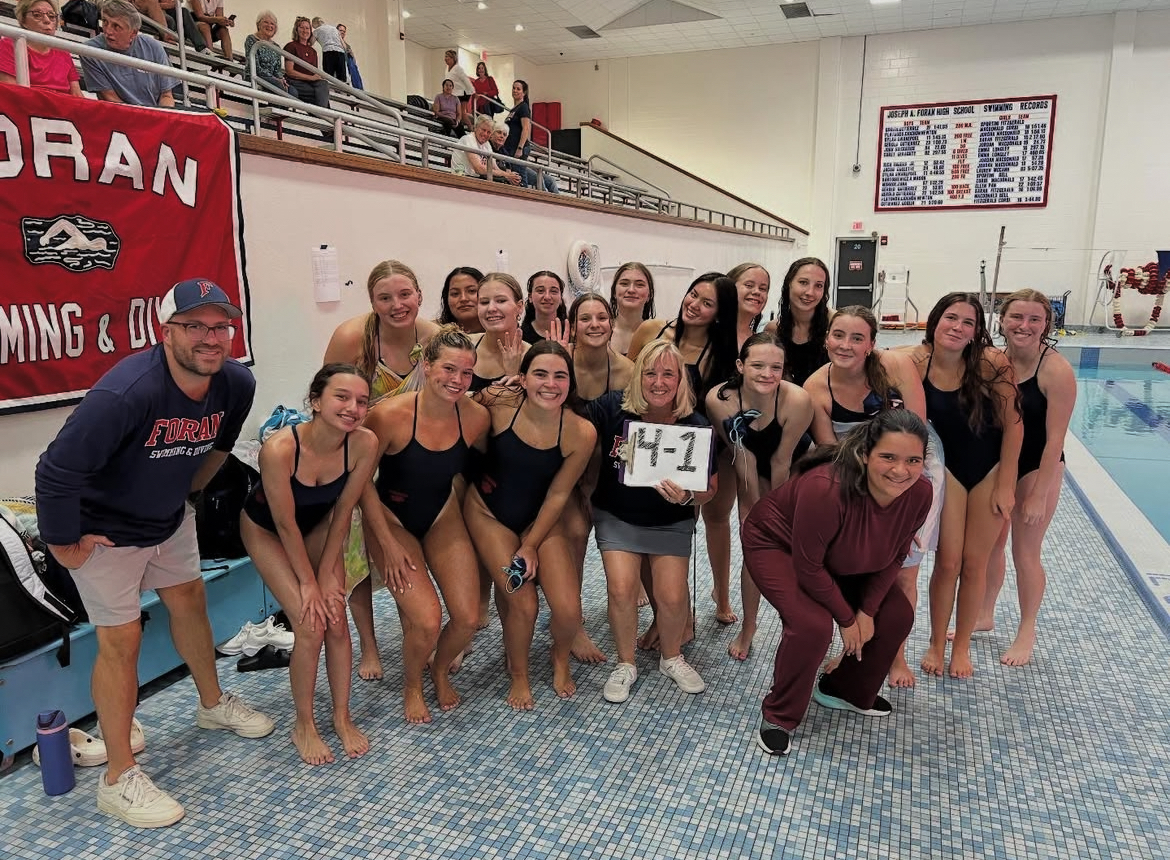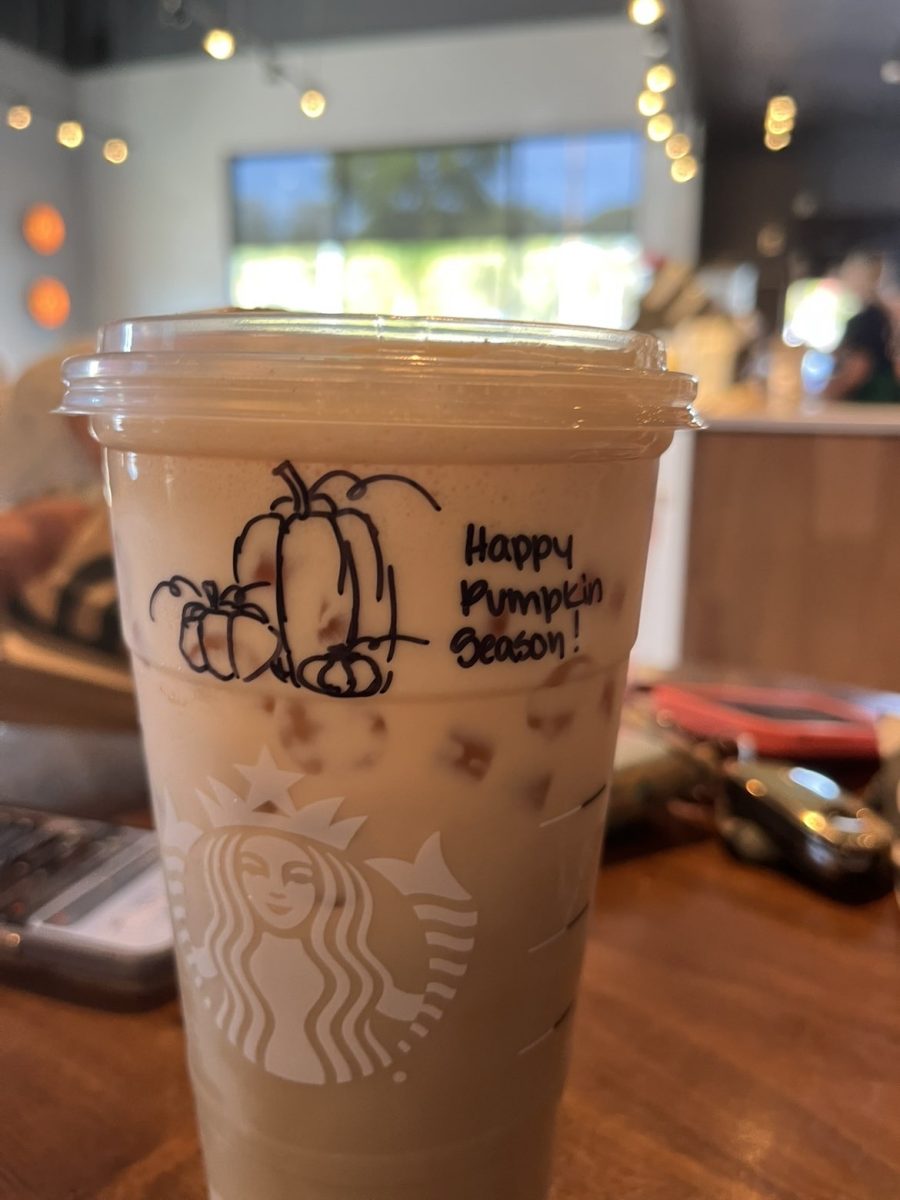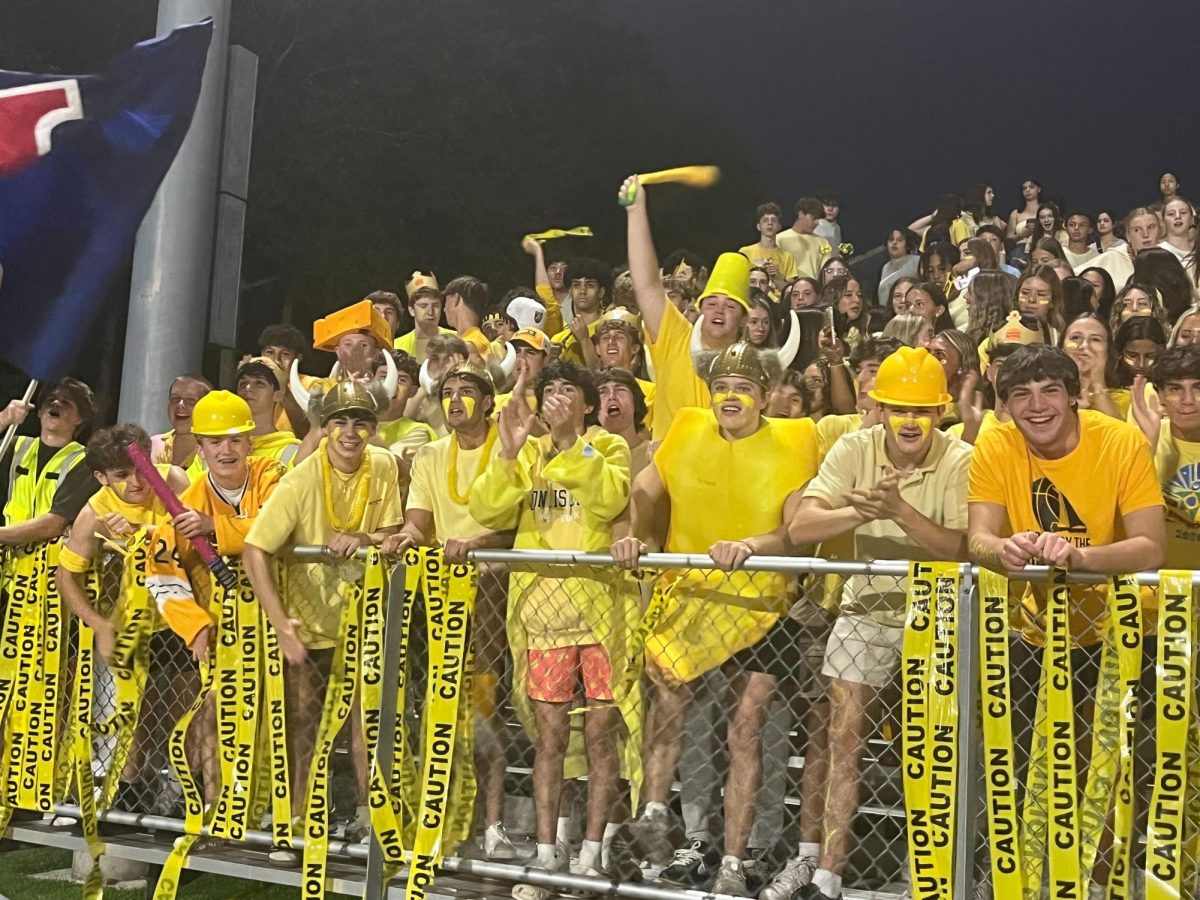Kyra Angileri
Staff Writer
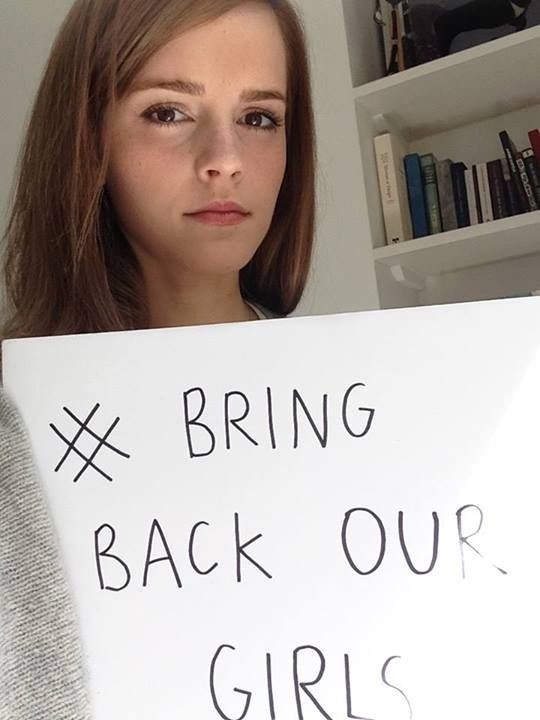
Many celebrities like Emma Watson, who is also an UN Goodwill Ambassador, voiced their support for the young girls kidnapped from their school in Northern Nigeria.
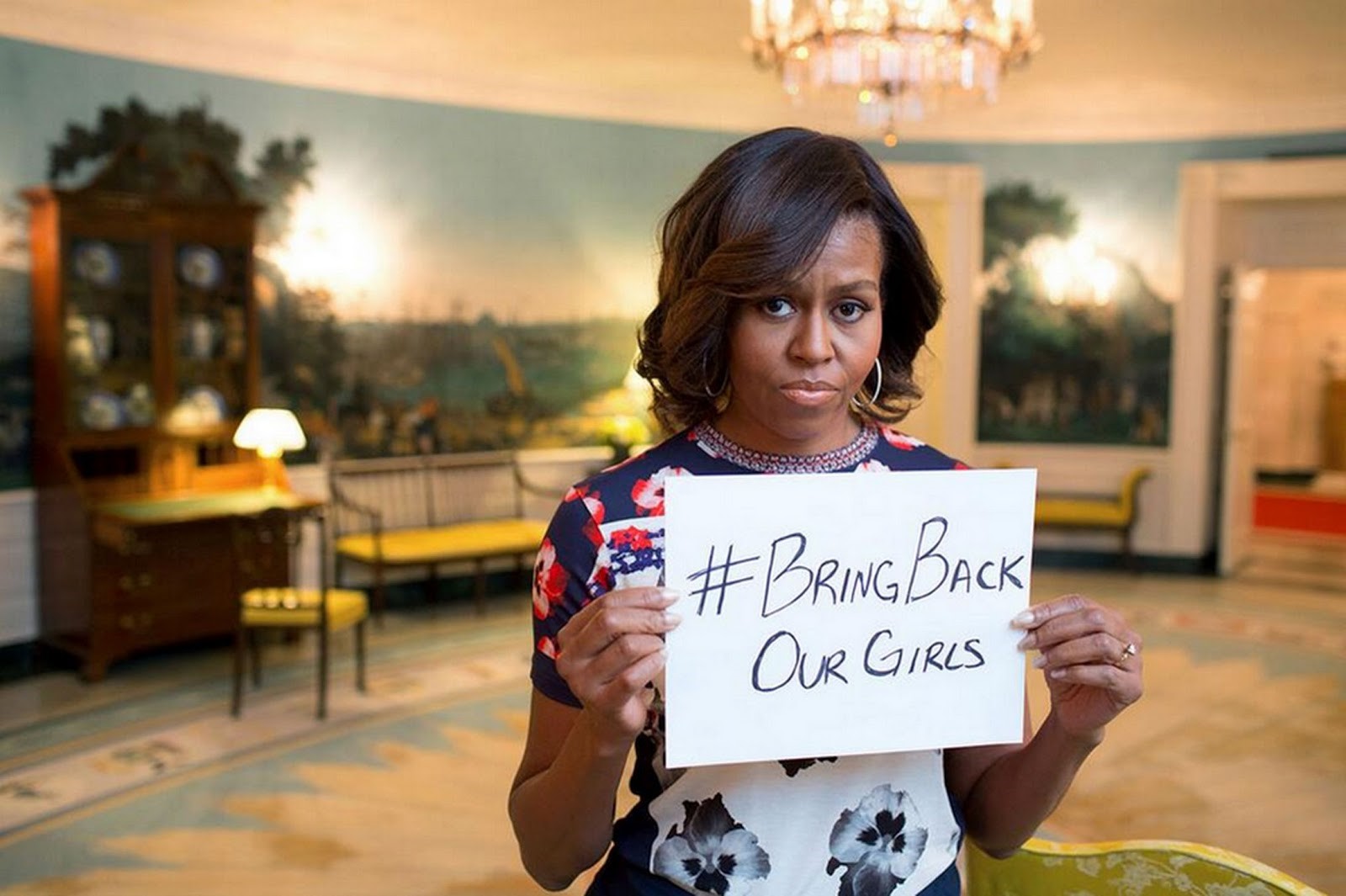
Many politicians and advocates of education like First Lady at the time, Michelle Obama, held signs to declare their allegiance with groups who worked hard to bring back the missing Nigerian girls.
276 young girls were kidnapped from secondary school in the night in Borno state, Nigeria on April 14th of 2014. Gunmen invaded the school overnight, claiming to be taking the girls to a safer place. While the building was being destroyed by gunfire, the insurgents loaded the girls into the vehicles. Nearly a month after, Abubakar Shekau, leader of the jihadist Boko Haram Terrorist organization, claimed in a video that they were responsible for the attack. The Boko Haram organization sets on establishing Islamic Law and forbidding Western education. Boko Haram has attacked local places like mosques, schools, and stores in Northern Nigeria, resulting in 1500 deaths just in the year of 2014. This specific incident launching the hashtag #BringBackOurGirls was not the first reported case of missing girls, a year before in May of 2013 Boko Haram issued a statement saying they captured women and girls. This declaration of capturing women during conflict coincides with the ancient Islamic belief of “war booty.” The violence doesn’t stop there. The day after the Chibok girls were stripped from their dorms, Boko Haram launched another attack on a bus station in Nigeria, killing 71 people. Weeks after the incident that grabbed the attention of the international community, protests and riots sparked in Nigeria due to Nigerian government not releasing an official statement of condolences or investigation. Mothers, fathers, students, and ordinary citizens crowded the streets of Abuja in protest of the lack of government response. The #StolenDreams Protest carried signs saying, “We protest against Insecurity, Corruption, Injustice, Unemployment, Bad Leadership, Hopelessness, Insensitive Leadership, and Human Rights Abuse.” Why is it still an issue today? 223 of the girls are still missing and most likely married to their kidnappers, enslaved by child marriage. Activists of educating girls like Malala Yousafzai and former First Lady Michelle Obama have announced their support to the #BringBackOurGirlsCampaign. Mrs. Hoffer and her global glasses have recently learned and shown support for the missing Nigerian girls because the anniversary of the crime is coming up, on April 14th. Senior and student of Mrs. Hoffer, Josh Henderson, says “We wrote to the affected families to assure them that we care and we still remember what happened, despite the lack of media coverage anymore… I believe that places like hospitals and schools should take a more neutral side from war and violence. We’re all human and conflict doesn’t change that, everybody should have access to good health and an education.” Mrs. Hoffer’s classes address condolences to the victims is one of the many ways people can show support. The official Bring Back Our Girls website suggests organizing rallies, wearing red, donating money, contacting your government, and buying jewelry from Pictures on Gold which gives a portion of the proceeds to Boko Haram violence victims. While the media coverage of this illegal terrorist action has tapered off, the victims families and Nigerian citizens feel strongly that the government has to take action to bring back our girls.


